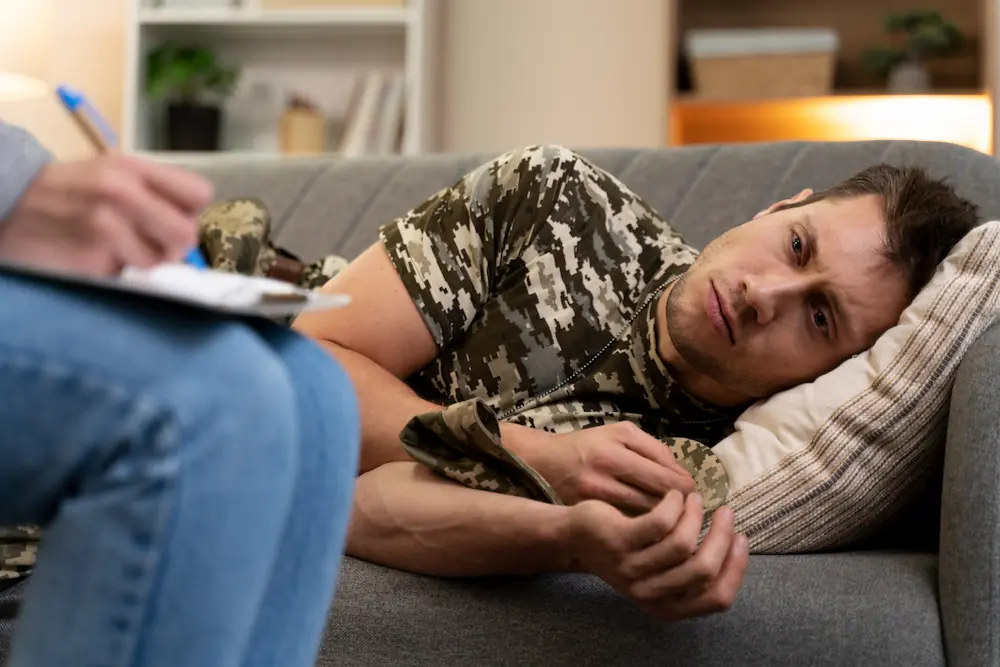
Have you ever heard someone dismiss Post Traumatic Stress Disorder (PTSD) as something that only affects veterans or claim that time heals all wounds? These misconceptions can prevent people from seeking the help they need. Let's debunk some of the most common myths about PTSD and trauma to set the record straight.
PTSD Only Affects Military Veterans
While it’s true that many veterans experience PTSD due to the traumatic nature of combat, this condition is not exclusive to them. Post Traumatic Stress Disorder (PTSD) can affect anyone who has experienced a traumatic event, such as natural disasters, accidents, or personal assaults. It’s essential to recognize that PTSD is a human response to trauma, regardless of the source.
PTSD Symptoms Appear Immediately After Trauma
Contrary to popular belief, PTSD symptoms do not always appear immediately after a traumatic event. In fact, they can manifest months or even years later. This delay in onset can make it challenging for individuals to connect their symptoms with the trauma they experienced. Understanding that PTSD can develop over time is crucial for proper diagnosis and treatment.
People with PTSD Are Weak
A harmful misconception is that those who develop PTSD are somehow weak or unable to cope with stress. The reality is that PTSD is a complex psychological response to trauma, not a reflection of personal strength or resilience. It’s a medical condition that requires proper care and support, just like any other health issue.
PTSD Is Untreatable
Another common myth is that PTSD is a lifelong sentence with no hope for recovery. While PTSD can be challenging, many effective treatments are available, including cognitive-behavioral therapy (CBT), medication, and support groups. With the right treatment plan, individuals can manage their symptoms and lead fulfilling lives. Debunking these myths about Post Traumatic Stress Disorder (PTSD) and trauma is essential for fostering understanding and compassion. By spreading accurate information, we can help break down the stigma surrounding mental health issues and encourage those affected to seek the help they need. Remember, trauma is a personal experience, and everyone’s journey to healing is unique. If you or someone you know is struggling, don't hesitate to reach out to a mental health professional for support.